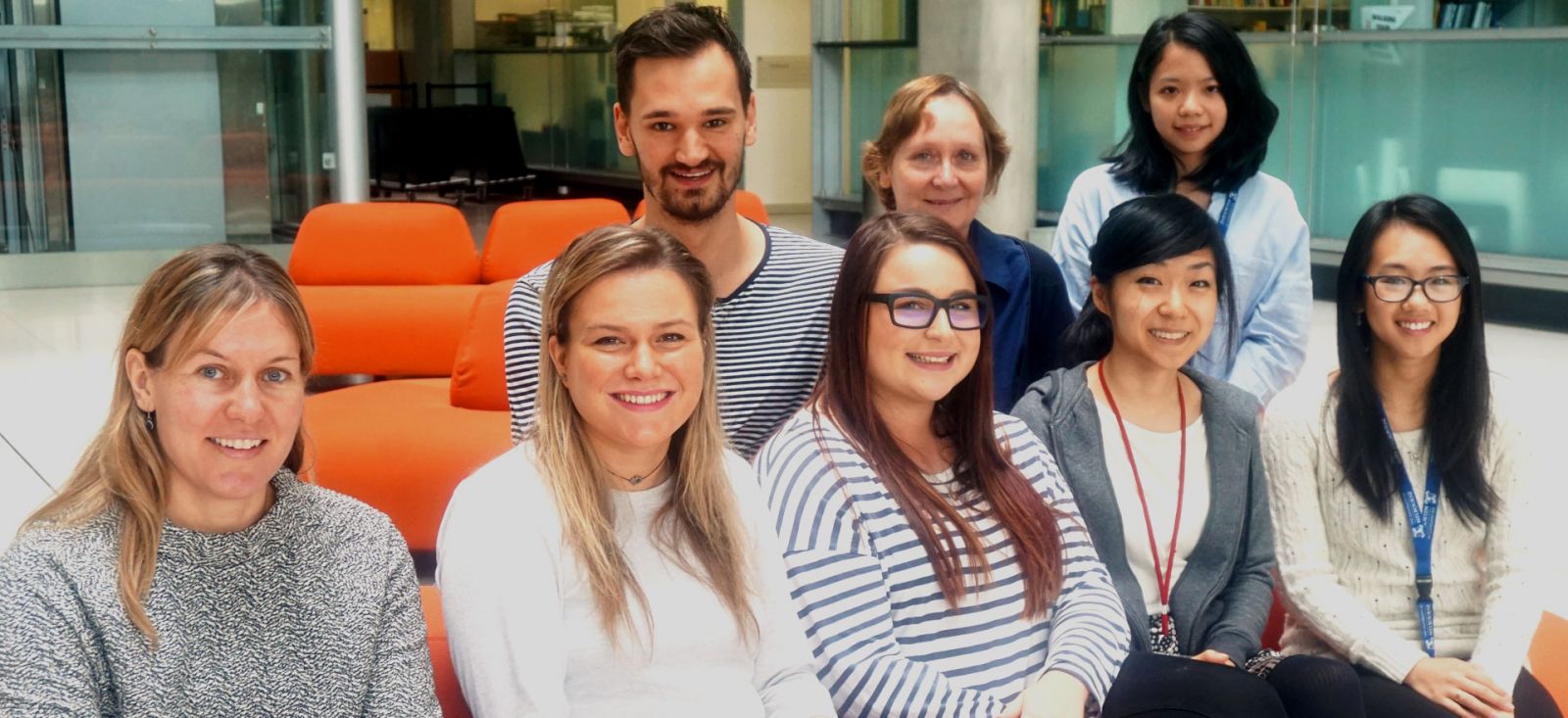Mintern Group

"My laboratory investigates the underlying mechanisms that ensure effective immunity to fight pathogens and tumours." - Senior Lecturer and Laboratory Head, Professor Justine Mintern
Biography

Professor Justine Mintern is the head of the Vaccine Biology laboratory at The University of Melbourne's Department of Biochemistry and Pharmacology, and the Bio21 Molecular Science and Biotechnology Institute. In her research, Justine investigates the molecular pathways that are critical to the development of an efficient immune response. Her investigation employs methods from the fields of cell biology, molecular biology, and immunology in order to discover fundamental principles behind the beginning of an immune response. The study of the biology of dendritic cells, the development of efficient vaccination, and a knowledge of how the immune system responds to infection are all important research areas investigated by the Mintern laboratory. After obtaining her doctorate degree from The University of Melbourne at the Walter and Eliza Hall Institute and conducting postdoctoral research at Harvard Medical School in Boston, United States of America, as well as the Whitehead Institute for Medical Research in Boston, United States of America, Justine returned to Australia to head her own laboratory at The University of Melbourne in the Department of Biochemistry and Pharmacology. Justine is currently the Associate Dean of Graduate Research for Medicine, Dentistry and Health Sciences and Dame Kate Campbell Fellow.
Follow this link for publications arising from the Mintern group.
Research
Vaccination is now the most successful method for eradicating infectious diseases, and it also has the potential to prevent and/or treat cancer. A deeper comprehension of the underlying mechanisms involved in an immune response is needed in order to advance the fields of immunotherapy and vaccine development. The research conducted in the Mintern laboratory examines the molecular pathways that enhance efficient immunity in several contexts, including vaccination, infection and cancer immunity. To do this, Professor Justine Mintern and the members of her research team investigate the fundamental biology of immunity. Specifically, the Mintern laboratory investigates the biology of dendritic cells and how these cells generate cytotoxic and helper T cell immunity in vaccine settings. This involves research into cellular pathways including endocytosis, recycling, ubiquitin-mediated trafficking, and autophagy, as well as the machinery involved in intracellular trafficking of critical molecules required for an immune response. The Mintern laboratory then applies the knowledge gained by studying these processes to develop vaccine technology, particularly through the employment of innovative nanoparticle vaccines that can produce potent immunity in the presence of infection and cancer.
Techniques
Our projects utilise a wide range of experimental approaches including: design of mRNA vaccines, biosensor probes, immunofluorescent microscopy, flow cytometry, CRISPR-Cas9 genomic knock-outs and screens, proteomics and experimental models of vaccination, inflammation, infection and cancer.
Group Members
Group Leader
Professor Justine Mintern
Laboratory Manager
Joanne Pooley
Postdoctoral Fellow
Christopher Macri
PhD Students
Ashley Firth
Huw Morgan
Honours Student
Delarem Babei

